After a long period of public opinion hype, the first ministerial meeting of the Indo-Pacific Economic Framework (IPEF) led by the US and participated by a total of 14 countries is set to be held in Los Angeles from Thursday to Friday. Although officials in Washington claimed that this does not mean participating countries have to pick a side between China and the US, it is just a cover-up to appease people and an insincere statement - in related reports in the US and Western media, "anti-China" frequently appears in news headlines, and some even couldn't wait to tout that the IPEF is "the best way for US to counter China in the Indo-Pacific."
In May this year, US President Joe Biden announced the launch of the IPEF during his visit to Japan. Washington's boast that the IPEF "goes beyond typical trade deals" and will "have an affirmative economic agenda" in the region is just a guise to cover up the IPEF's "innate deficiencies." Its "non-typical" feature is that it does not include tariff relief, market access and other arrangements, which makes it difficult for member states to obtain substantial economic benefits from it; its "innovation" is that it does not require congressional approval, and member states can freely choose to participate in the four pillars. This means the IPEF lacks legal binding force. More importantly, although the IPEF has been painted with "economic cooperation," its root is the "political framework" to contain China. Washington's real purpose is to create a small circle of supply chains and industrial chains in the Asia-Pacific region that is "decoupled" from China. This obviously harms the vital interests of Asia-Pacific countries, and this is what most countries are worried about and opposed to. At the same time, some member governments have not been able to explain to their citizens the "necessity" of participating in the IPEF. Most of them participated in the negotiation with a skeptical attitude, and some were coaxed by the US. Washington has designed four "pillars" for the IPEF: trade, labor and digital economy; clean energy and decarbonization; resilience of supply chains; tax and anti-corruption. What is basically certain is that Washington will not offer any concessions to the participating countries. Based on past experience, what Washington will actually do is to ask for more. While inciting other countries to "decouple" from China's industry chain, it also attempts to quietly turn these countries into economic vassals of the US. Countering China has become Washington's open scheme, while creating more economic vassals and geopolitical minions at the same time is its secret plot. This should arouse high vigilance of Asia-Pacific countries. Coincidentally, the IPEF has a high degree of overlap in terms of the members with the Regional Comprehensive Economic Partnership (RCEP) that came into effect earlier this year. Among the 15 member countries of RCEP, 11 countries have participated in the IPEF. Only four countries, including China, Cambodia, Laos and Myanmar, are not IPEF members. And among IPEF countries, apart from the US, India and Fiji, the remaining 11 countries have all joined the RCEP. The US wants to use IPEF to hurt the foundation of RCEP and hollow out this regional free trade agreement. However, compared with RCEP, which has solidly promoted regional economic integration, IPEF is just a big empty shell. Each participating country has its own demands for interests, and it is impossible for all of them to follow US orders like Japan. Most of the participating countries hope to obtain US commitment to open the market through the IPEF negotiation, but Washington is advertising that the IPEF negotiation will bring benefits to US labors, as well- as small and medium-sized enterprises. Washington has shown no interest in bridging the gap between different interest demands. In addition, the IPEF faces a huge uncertainty - its progress is made only by the president's executive order. When the US government changes, the negotiated agreement may be overturned at any time. It is widely anticipated that once there is a political party rotation and if the Republican Party takes office, relevant content relating to fair trade, digital economy, and clean energy will be revised immediately and substantially. This means that three of the so-called four pillars of the IPEF could collapse overnight. People still have a fresh memory of the TPP, and many people still use the TPP to benchmark the IPEF. In 2016, Washington pooled a lot of resources to building the TPP to contain China. Now that six years have passed, China and the international community, including the US, have become more deeply integrated. Washington is still obsessed with protectionism and unilateralism, and even blackmails the world at its whim. Before the IPEF takes shape, some people in the US are eager to install teeth on it, claiming that "an IPEF without teeth is bad for the US and catastrophic for our relationships in the region." Such bloc confrontational mentality and geopolitical evil thought have already determined the future of the IPEF.Although the stage of the IPEF was set up, the play is not on yet. Washington cares only about its own hegemony and does not care about the interests of others, and this farce is only a temporary one.
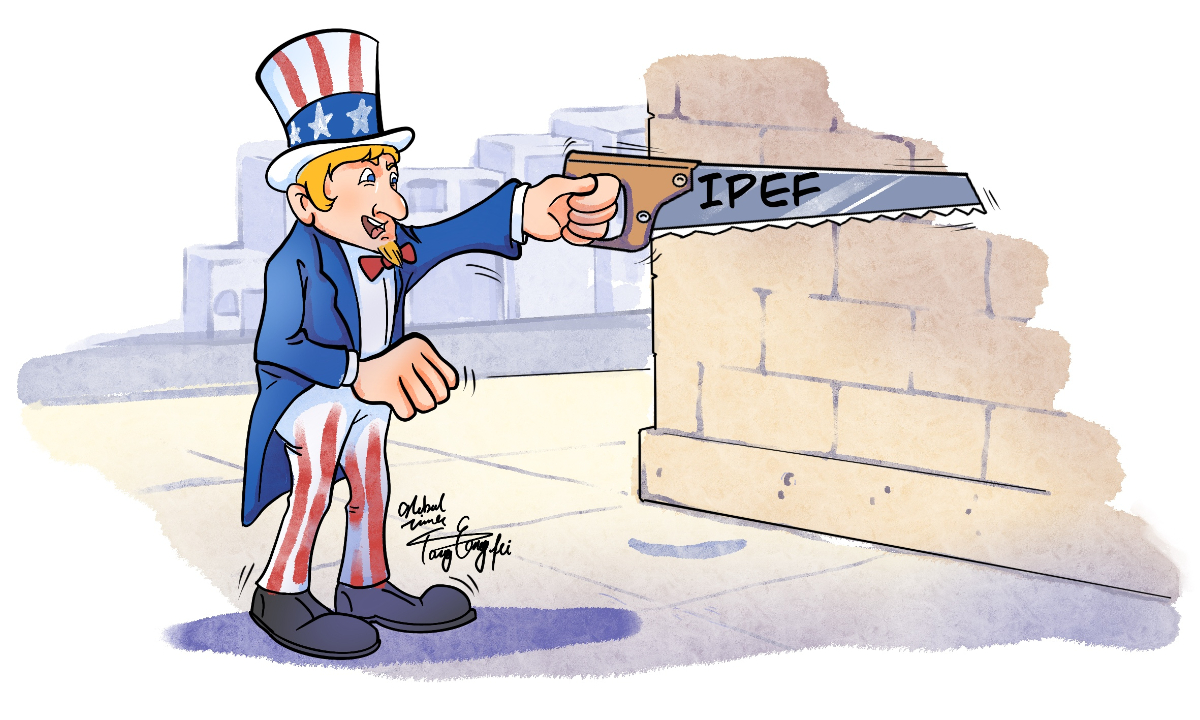
- India not part of IPEF trade pillar lays bare interest difference with ...
The conspicuous absence of India in the trade pillar, one of the four pillars of the US-led Indo-Pacific Economic Framework ...
Related posts:
1.jpeg)
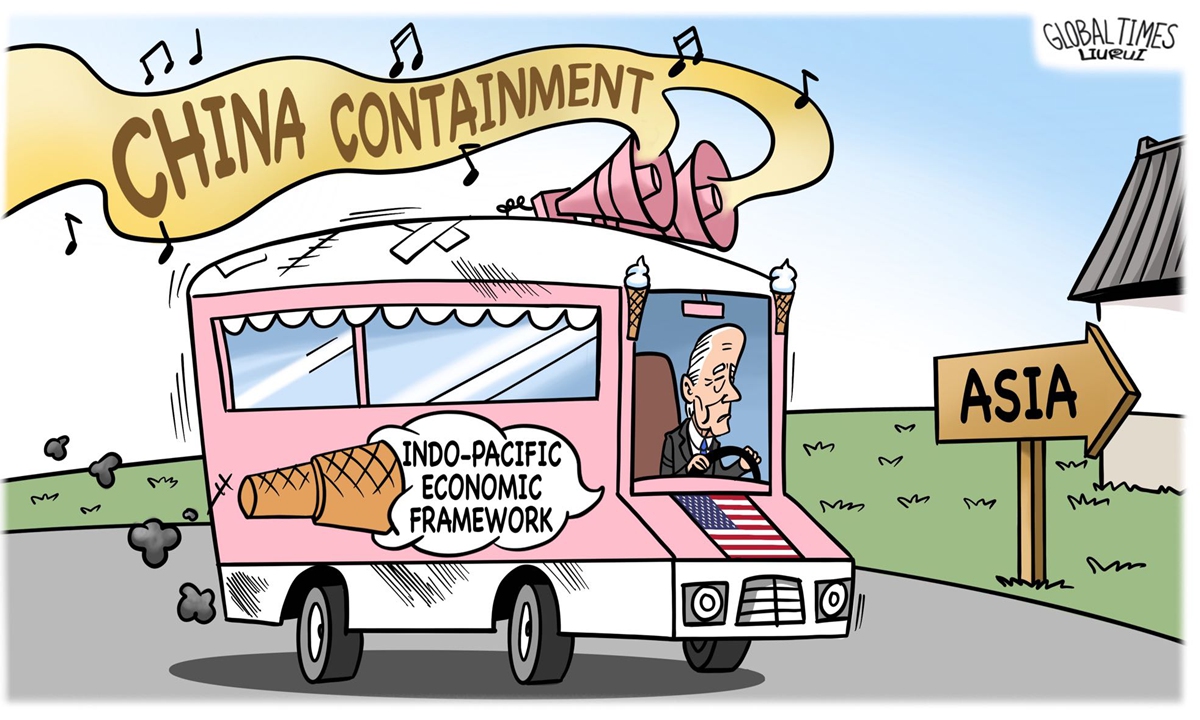
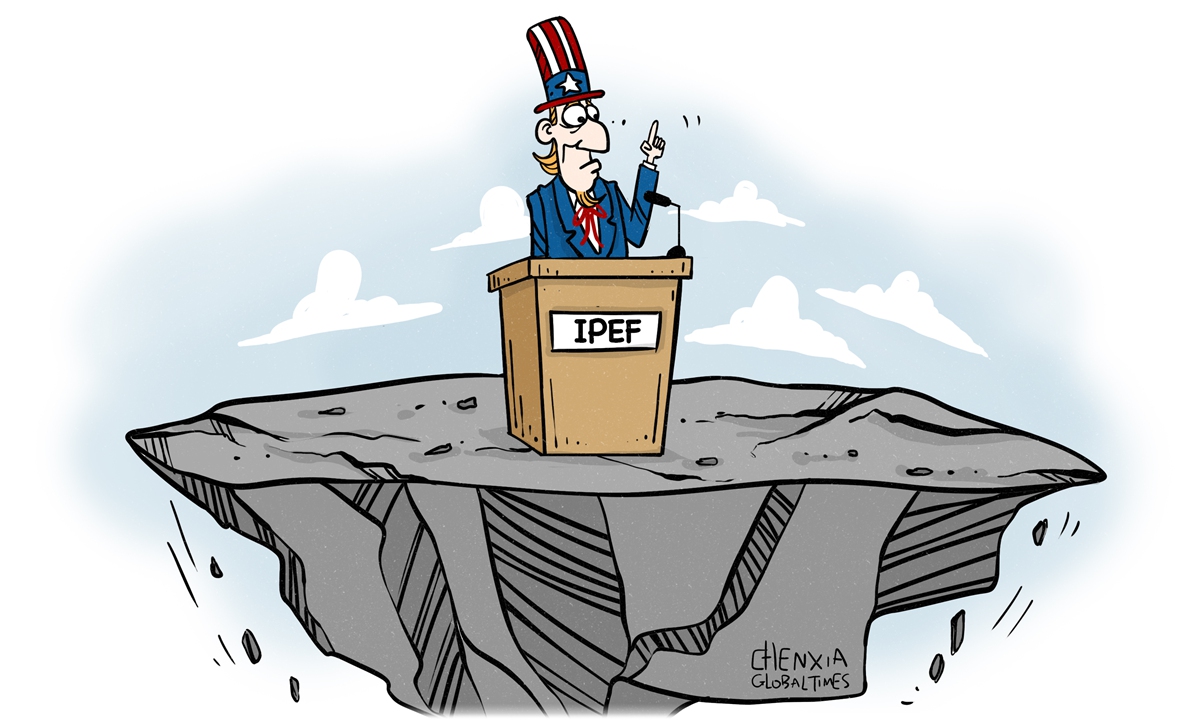
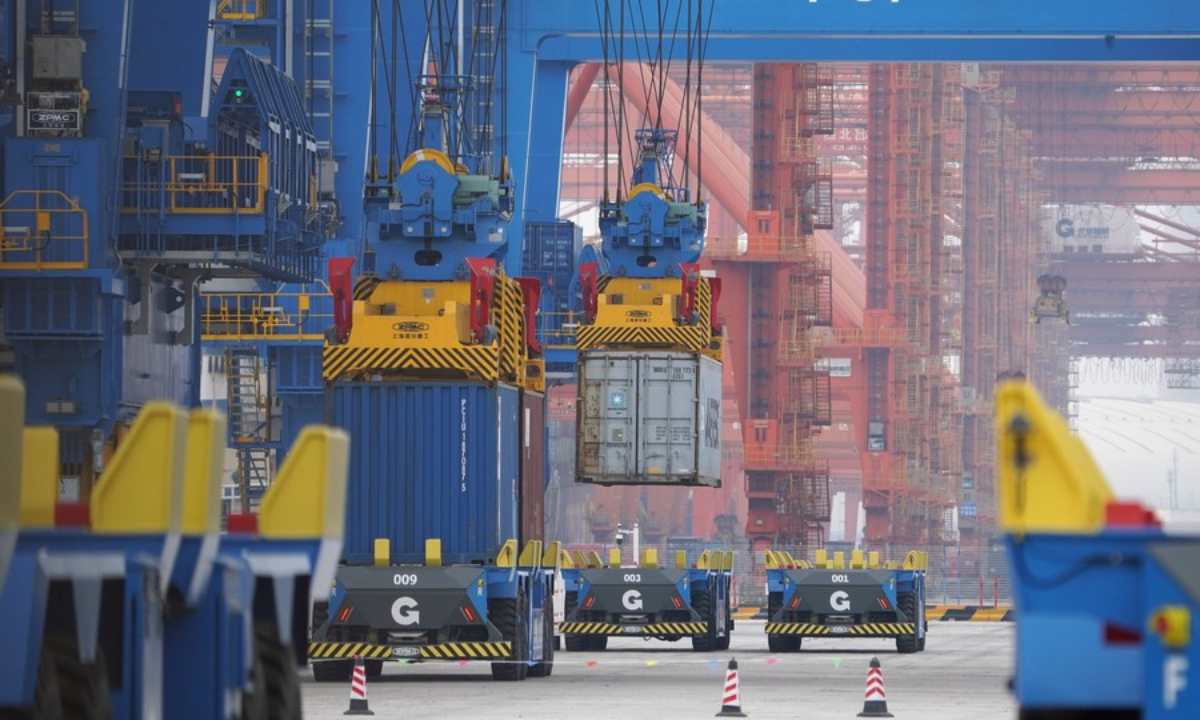
.jpeg)



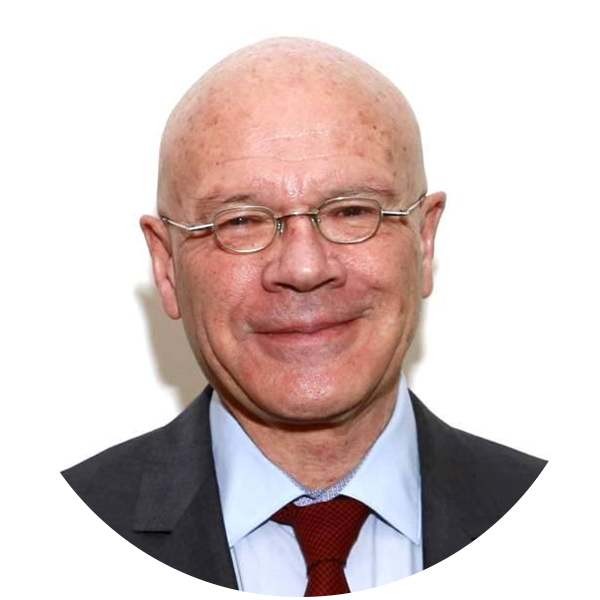 By Martin Jacques
By Martin Jacques
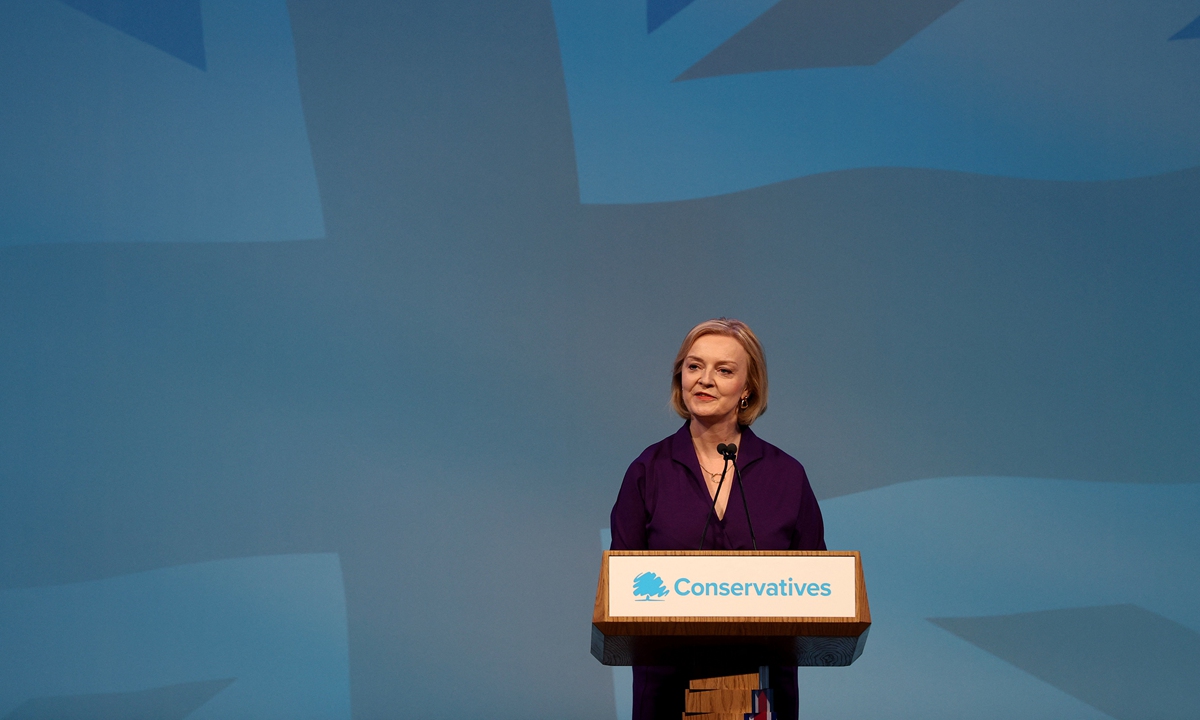
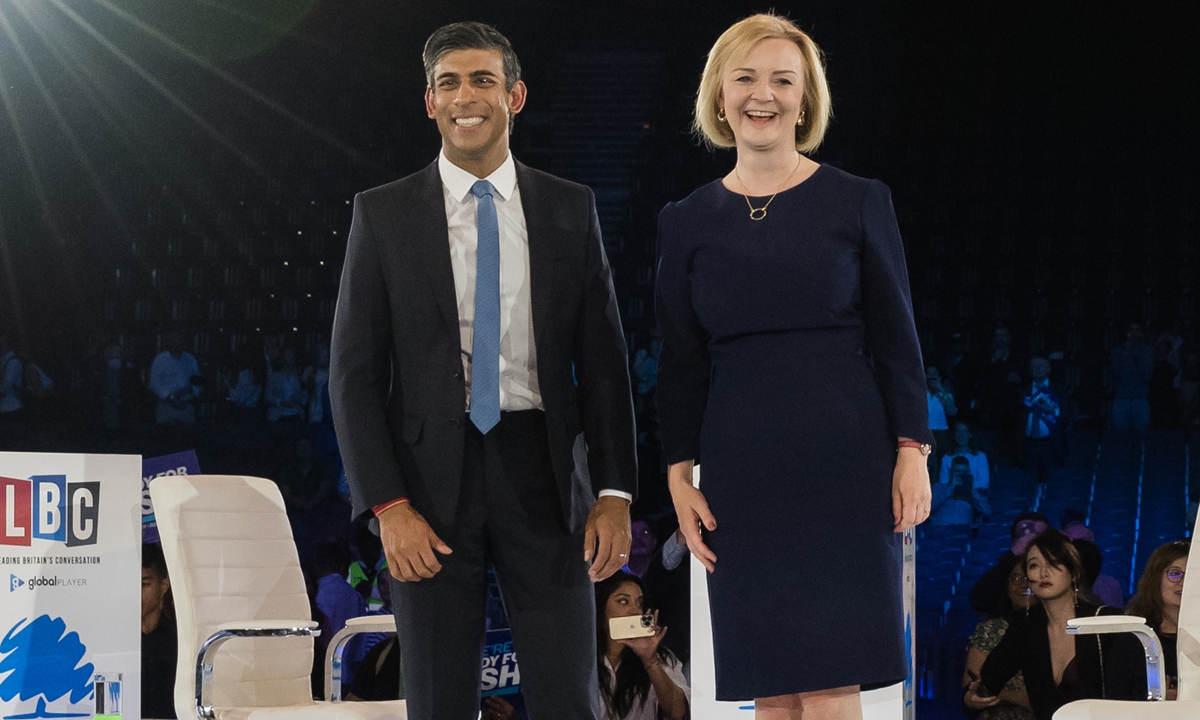
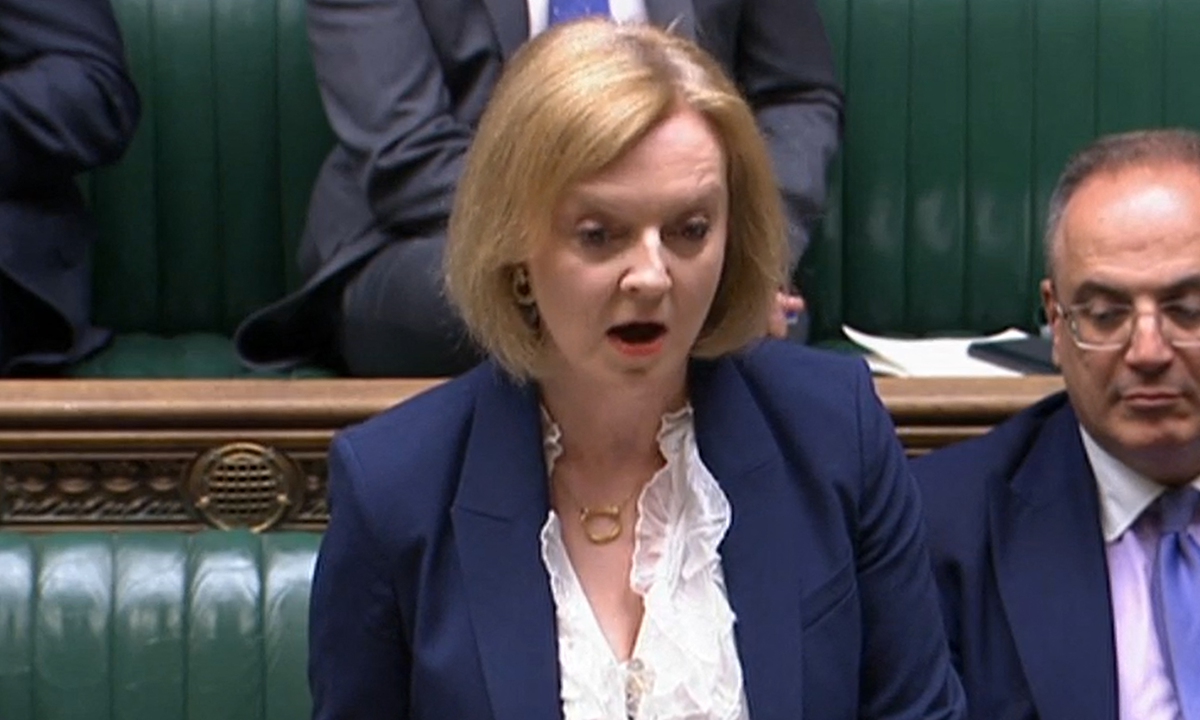
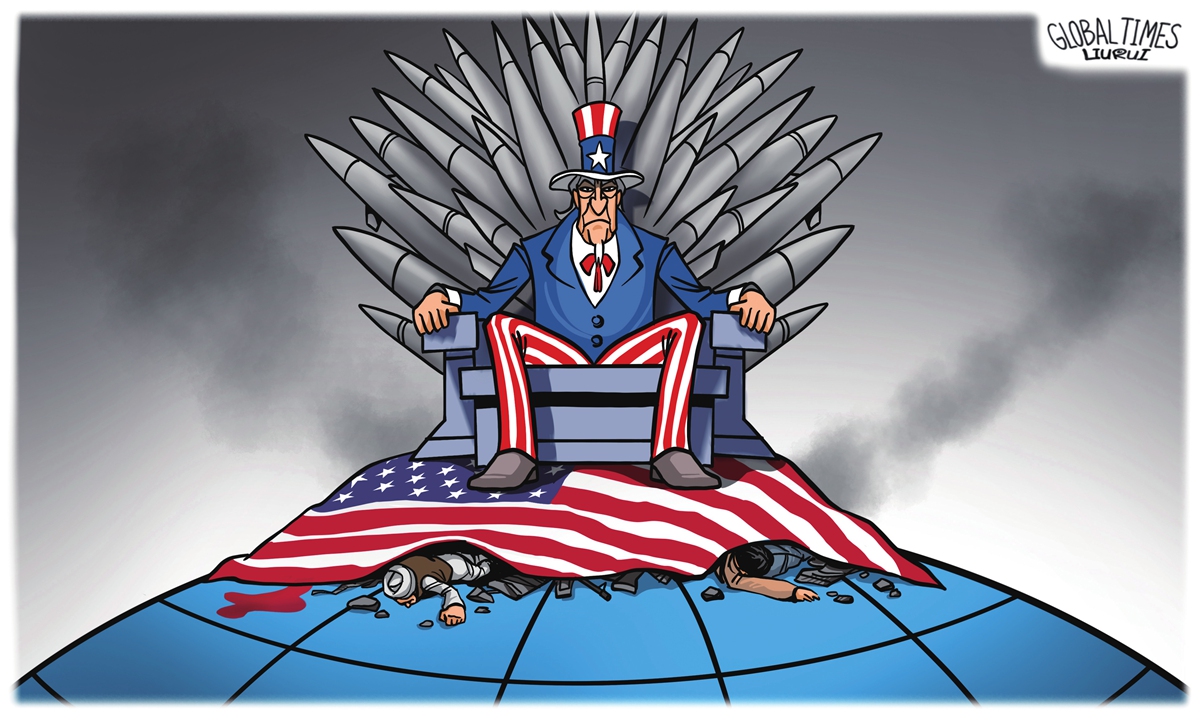

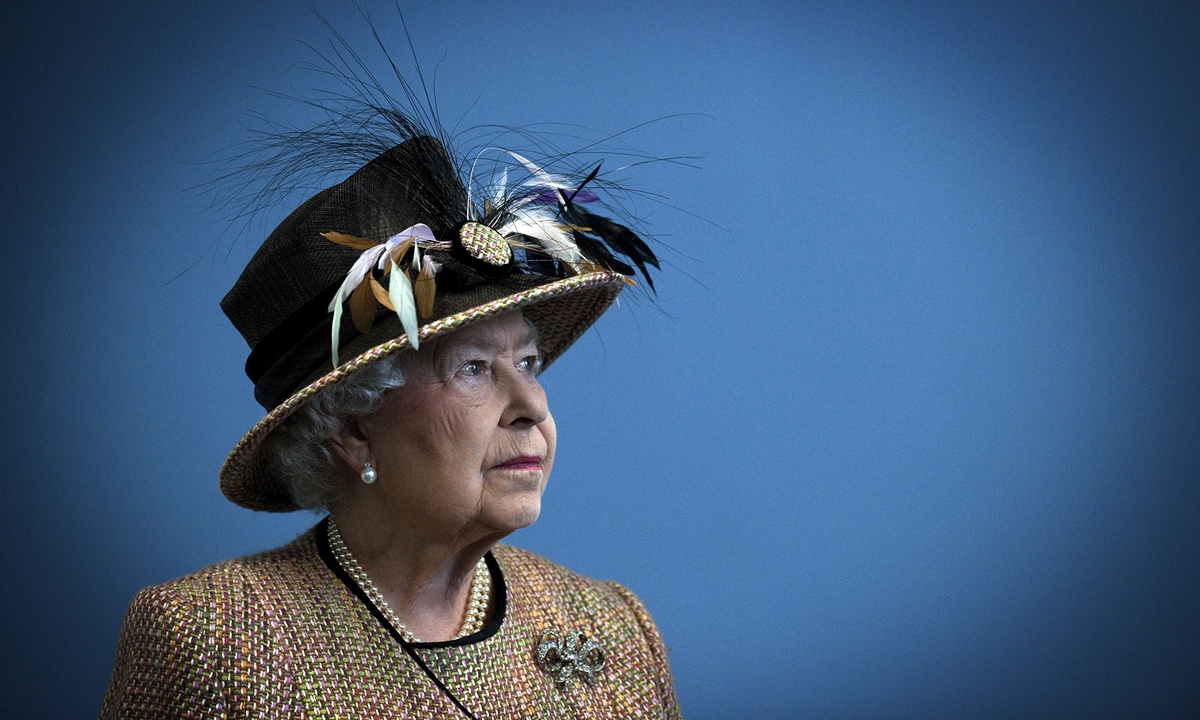





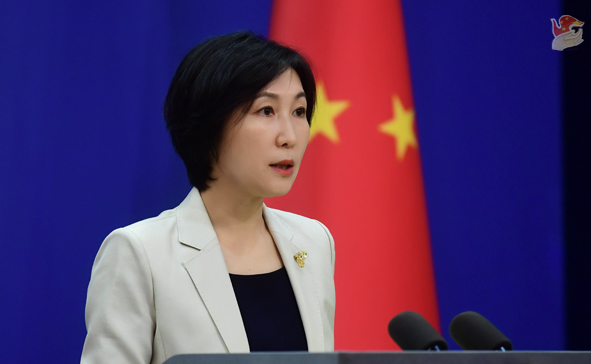


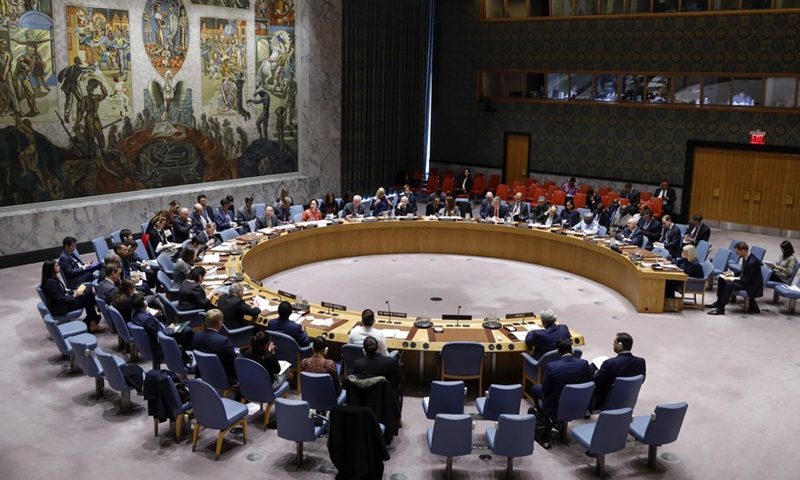
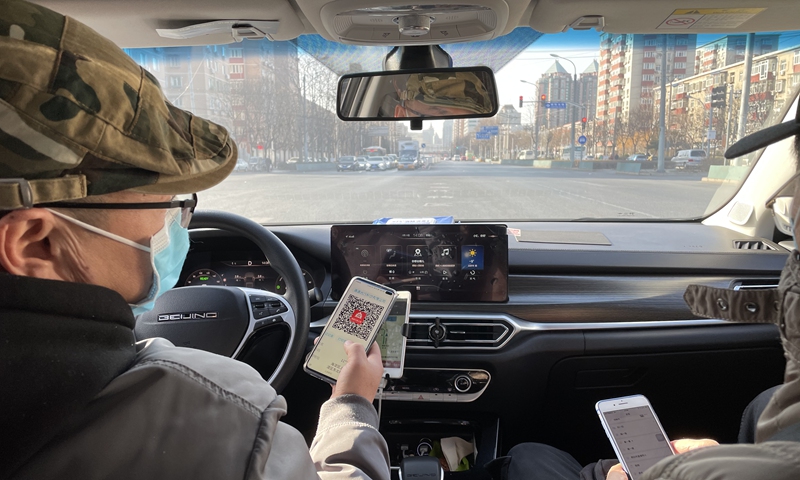
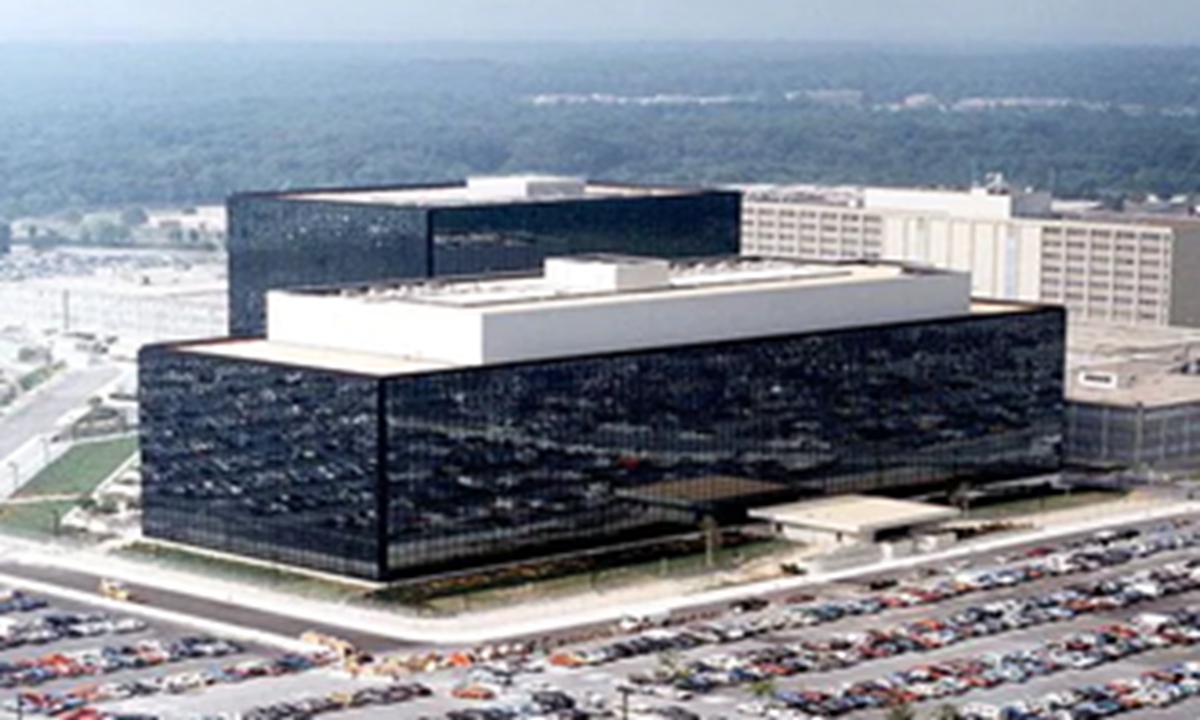


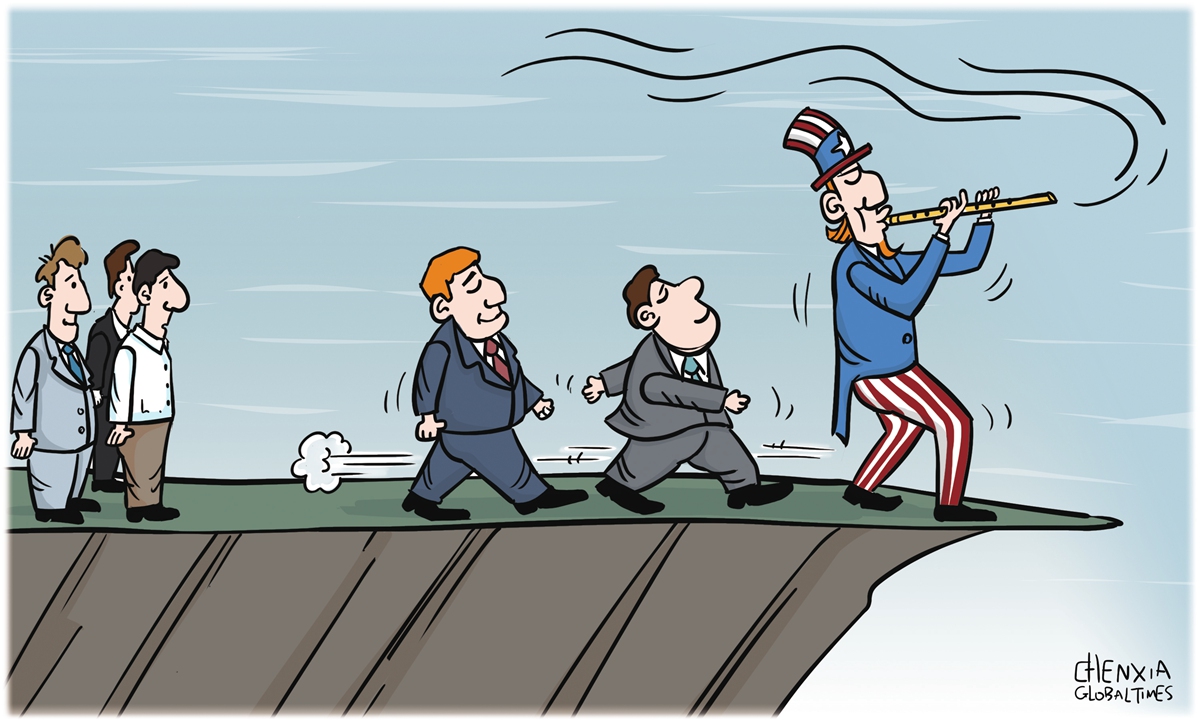
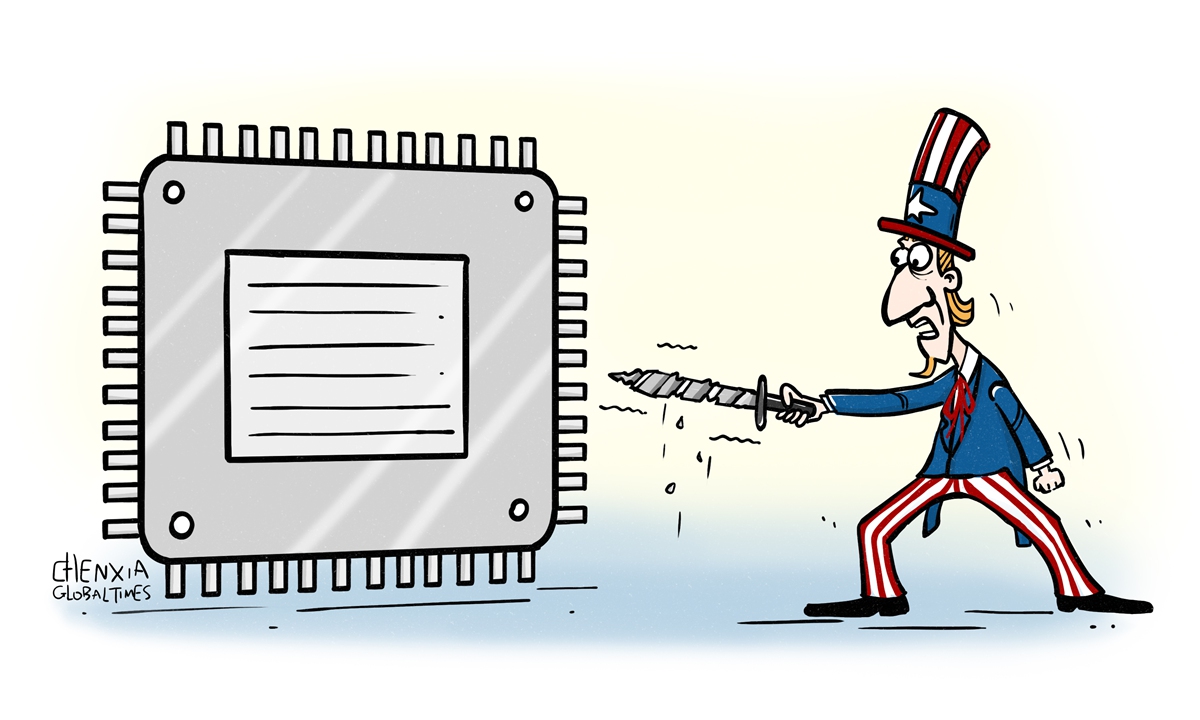






 Nisa: Youths need to be more proactive in seeking out political knowledge on their own.Nisa: Youths need to be more proactive in seeking out political knowledge on their own.>>
Nisa: Youths need to be more proactive in seeking out political knowledge on their own.Nisa: Youths need to be more proactive in seeking out political knowledge on their own.>>

 Institute for Democracy and Economic Affairs (Ideas) senior manager of research Aira Azhari agrees that youths must exercise their voting rights.Aira: Youths must exercise their voting rights.Aira: Youths must exercise their voting rights.>>
Youths, she said, must realise that being allowed to vote in an election is a basic human right in global democracies.
That said, Marimuthu believes that youths can always learn about politics as they go.
When youths first cast their ballots at age 18, they are still new to the game.
“At this point, they are novices just starting to get a feel of politics. They are bound to be influenced by those around them. But that is not a bad thing.“They are coming into the political arena, and they will make a difference if they exercise their rights to vote.
Institute for Democracy and Economic Affairs (Ideas) senior manager of research Aira Azhari agrees that youths must exercise their voting rights.Aira: Youths must exercise their voting rights.Aira: Youths must exercise their voting rights.>>
Youths, she said, must realise that being allowed to vote in an election is a basic human right in global democracies.
That said, Marimuthu believes that youths can always learn about politics as they go.
When youths first cast their ballots at age 18, they are still new to the game.
“At this point, they are novices just starting to get a feel of politics. They are bound to be influenced by those around them. But that is not a bad thing.“They are coming into the political arena, and they will make a difference if they exercise their rights to vote.

.png)



